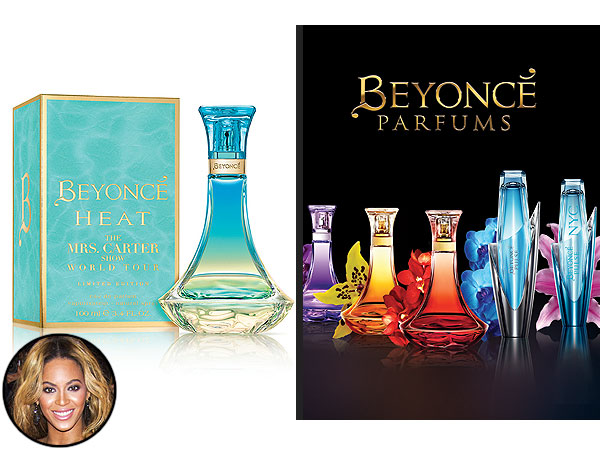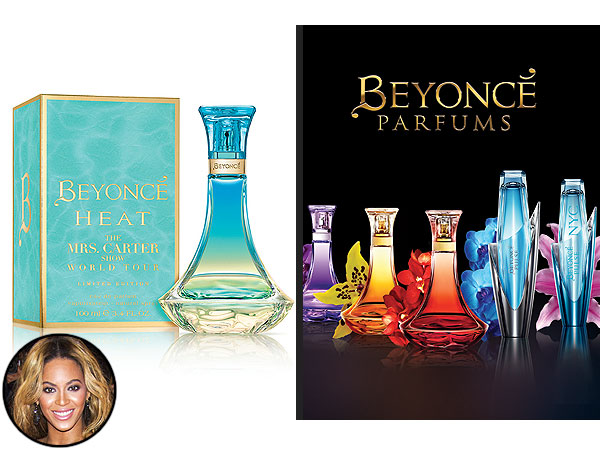Celebrity Influencers in 2025: Authenticity, AI, and the Future of Persuasion
Introduction: A Shifting Landscape
The world of celebrity endorsements has undergone a dramatic transformation. Gone are the days when a famous face alone could guarantee a successful product launch or brand campaign. In 2025, the celebrity influencer landscape is being reshaped by a confluence of factors, including a growing demand for authenticity, the rise of artificial intelligence (AI), and the increasing sophistication of consumers.
This article will delve into the key trends defining celebrity influencer marketing in 2025, exploring how brands and celebrities are adapting to this evolving environment. We’ll examine the role of authenticity, the impact of AI, and the strategies that are proving most effective in capturing the attention (and wallets) of today’s consumers.
The Rise of Authenticity: More Than Just a Pretty Face
-
The Authenticity Imperative: Consumers, particularly younger generations, are increasingly skeptical of traditional advertising. They crave authenticity and genuine connection. This means that celebrity influencers must do more than simply promote a product; they must genuinely believe in it and integrate it seamlessly into their lifestyle.
- Data Point: A 2024 study by Edelman found that 63% of consumers believe that influencers must be transparent about sponsored content, and 58% say they would stop following an influencer who promotes products they don’t actually use.
-
Micro-Influencers and Niche Expertise: While celebrity influencers still hold sway, there’s a growing recognition of the power of micro-influencers and niche experts. These individuals may have smaller followings, but they often possess deep knowledge and credibility within their specific areas of interest.
- Example: A celebrity chef endorsing a high-end cookware brand might be effective, but a lesser-known food blogger with a passionate following of home cooks could potentially drive even more sales through authentic reviews and recipe demonstrations.
-
Long-Term Partnerships and Storytelling: One-off endorsements are becoming less effective. Brands are increasingly seeking long-term partnerships with celebrity influencers who can become true brand ambassadors. This allows for deeper storytelling and a more natural integration of the product or service into the influencer’s content.
AI’s Influence: From Content Creation to Deepfakes
-
AI-Powered Content Creation: AI is playing an increasingly significant role in content creation. From generating captions and scripts to editing videos and creating visual effects, AI tools are helping celebrity influencers streamline their workflows and produce higher-quality content.
-
AI-Generated Influencers: The emergence of AI-generated influencers is a controversial but undeniable trend. These virtual personalities can be meticulously crafted to align with a brand’s values and target audience. They offer brands complete control over their messaging and image.
- Ethical Considerations: The rise of AI-generated influencers raises ethical questions about transparency and authenticity. Consumers have a right to know whether they are engaging with a real person or a virtual creation.
-
The Threat of Deepfakes: Deepfake technology poses a significant risk to celebrity influencers. Malicious actors can use deepfakes to create fake videos or audio recordings that damage an influencer’s reputation or promote harmful products.
- Safeguards: Celebrity influencers and brands must invest in technology and strategies to detect and combat deepfakes. This includes working with cybersecurity experts and educating the public about the dangers of misinformation.
Strategies for Success in 2025
-
Data-Driven Decision Making: Brands must leverage data analytics to identify the right celebrity influencers for their campaigns. This includes analyzing an influencer’s audience demographics, engagement rates, and past performance.
-
Transparency and Disclosure: Influencers must be transparent about sponsored content, using clear and unambiguous disclosures to inform their followers that they are being paid to promote a product or service.
-
Creative Collaboration: The most successful influencer campaigns are those that involve genuine collaboration between the brand and the influencer. This allows the influencer to bring their unique creative vision to the table, resulting in more engaging and authentic content.
-
Focus on Value: In 2025, consumers are looking for more than just entertainment. They want content that provides value, whether it’s educational, informative, or inspirational. Celebrity influencers who can deliver value are more likely to build trust and loyalty with their audience.
-
Prioritize Brand Alignment: Brands should prioritize influencers whose values align with their own. Consumers are increasingly likely to support brands that are committed to social responsibility and ethical practices.
The Future of Celebrity Influencers: A Hybrid Approach
Looking ahead, the future of celebrity influencers is likely to involve a hybrid approach that combines the reach and star power of traditional celebrities with the authenticity and engagement of micro-influencers and niche experts. AI will continue to play a significant role in content creation and audience engagement, but it will be essential to maintain transparency and address the ethical concerns surrounding AI-generated influencers and deepfakes.
Conclusion: Navigating the New Landscape
The celebrity influencer landscape is constantly evolving, but one thing remains constant: the importance of authenticity, transparency, and value. Brands and influencers who can adapt to these changes and embrace new technologies will be best positioned to succeed in the years to come.
By understanding the key trends shaping the industry, brands can make informed decisions about their influencer marketing strategies and build meaningful connections with consumers in 2025 and beyond.




